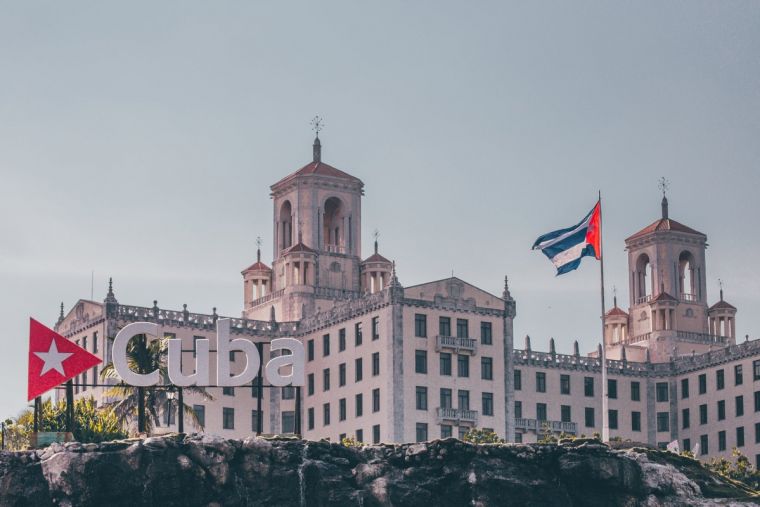November 19, 2019
The Cuban government last week prevented several church leaders affiliated with the Alliance of Evangelical Churches from leaving the island to attend the Alliance’s general assembly in Indonesia. But that action was only the tip of the iceberg. One pastor, who spoke on condition of anonymity due to security concerns, said that in addition to harassment, intimidation, and interrogations, the Cuban government also was preventing the AIEC from receiving visits from overseas pastors and church leaders by denying them the necessary visitor visas.
This travel prohibition comes on the heels of another ban Cuba imposed several months ago on four religious leaders. They were not allowed to leave the country to attend the State Department’s July 2019 Ministerial to Advance Religious Freedom. Alain Toledano Valiente was one of these pastors. He is a prominent leader in Cuba’s Apostolic Movement. Christian Solidarity Worldwide reports that Valiente has received at least 17 police summons since August. He most recently was charged with disobedience, for which he could face imprisonment, for hosting a Christian women’s conference. Valiente told CSW: “In Cuba, pastors are more at risk than criminals and bandits… since I have not fled into exile, they seek to put me in prison. I committed no crime, it had to be manufactured. My disobedience, according to them, is that I cannot meet with other pastors in the nation, I cannot meet with those in other cities, and I cannot carry out any religious activity; that is to say they want me to stop being a pastor.”
Cuba is widely acknowledged to be the Western Hemisphere’s worst abuser of fundamental freedoms. In 2019, USCIRF again placed Cuba on its Tier 2 for engaging in or tolerating religious freedom violations that meet at least one of the elements of the “systematic, ongoing, egregious” standard for designation as a “country of particular concern,” or CPC, under the International Religious Freedom Act (IRFA).
Last year, Catholic and Protestant religious leaders and followers called for stronger protections for freedom of religion and freedom of conscience to be included in the new constitution before it went to a public referendum in February 2019. Reportedly excluded from the constitutional process and pressured to support the new constitution, church leaders bravely united to expose the Cuban government’s efforts to weaken protections for previous constitutional guarantees of freedom by initiating two petitions, one signed by 180,000 Cuban citizens. While these efforts were unsuccessful, such a level of dissent is remarkable in a country with a rigid one-party system.
Ahmed Shaheed, the United Nations Special Rapporteur (UNSR), recently announced he is broadening his office’s focus to include Cuba. Shaheed acknowledges current laws in Cuba allow the government to take actions that prohibit and penalize a broad range of protected religious activities. (One such action was the detention in 2016 of hundreds of church members from the Emanuel Apostolic Church in Santiago, the destruction of their building, and the confiscation of church property.) Shaheed also reports that Cuba’s penal code allows the imprisonment of people whose religious beliefs conflict with the nation’s Socialist principles related to education, labor, defense, and reverence of symbols. Shaheed has requested that the Cuban government approve an official fact-finding visit to the island next year.
Teo Babun, President and CEO of EchoCuba, recently wrote in the Miami Herald: “It is long past time for all UNHRC [United Nations Human Rights Council] members to call out Cuba on its atrocious behavior. Continued failure to do so would undermine the integrity of what should be the world’s premier human-rights council and betray ordinary Cubans who simply want to practice the faith of their choice.”
Take Action
- Read the U.S. State Dept. Cuba report
- Learn about Cuba Prisoner of Conscience Jose Antonio Torres
- Watch Canadian MP David Anderson’s update on religious freedom in Cuba
Photo caption: (Hotel Nacional, Unsplash/Yuting Gao)

